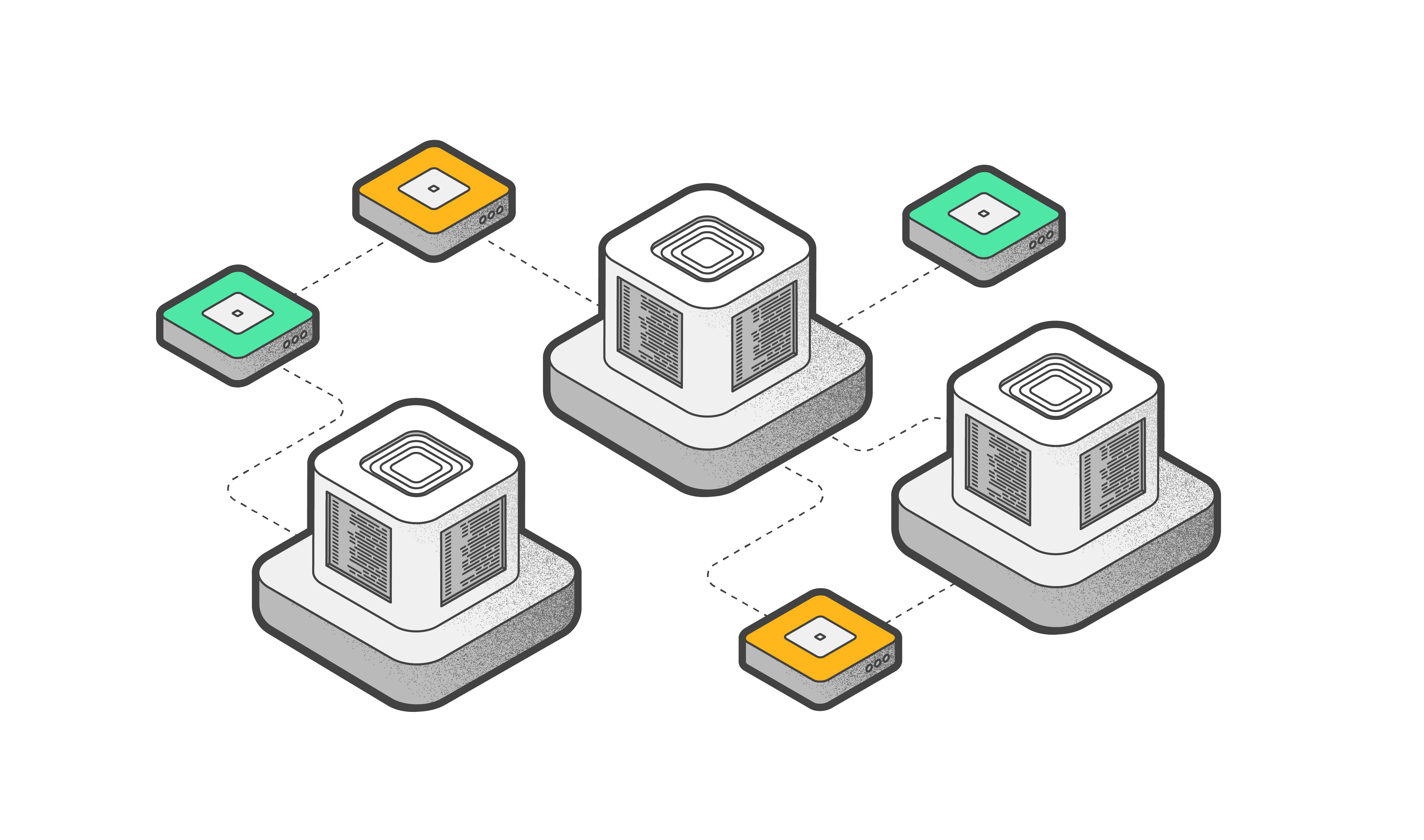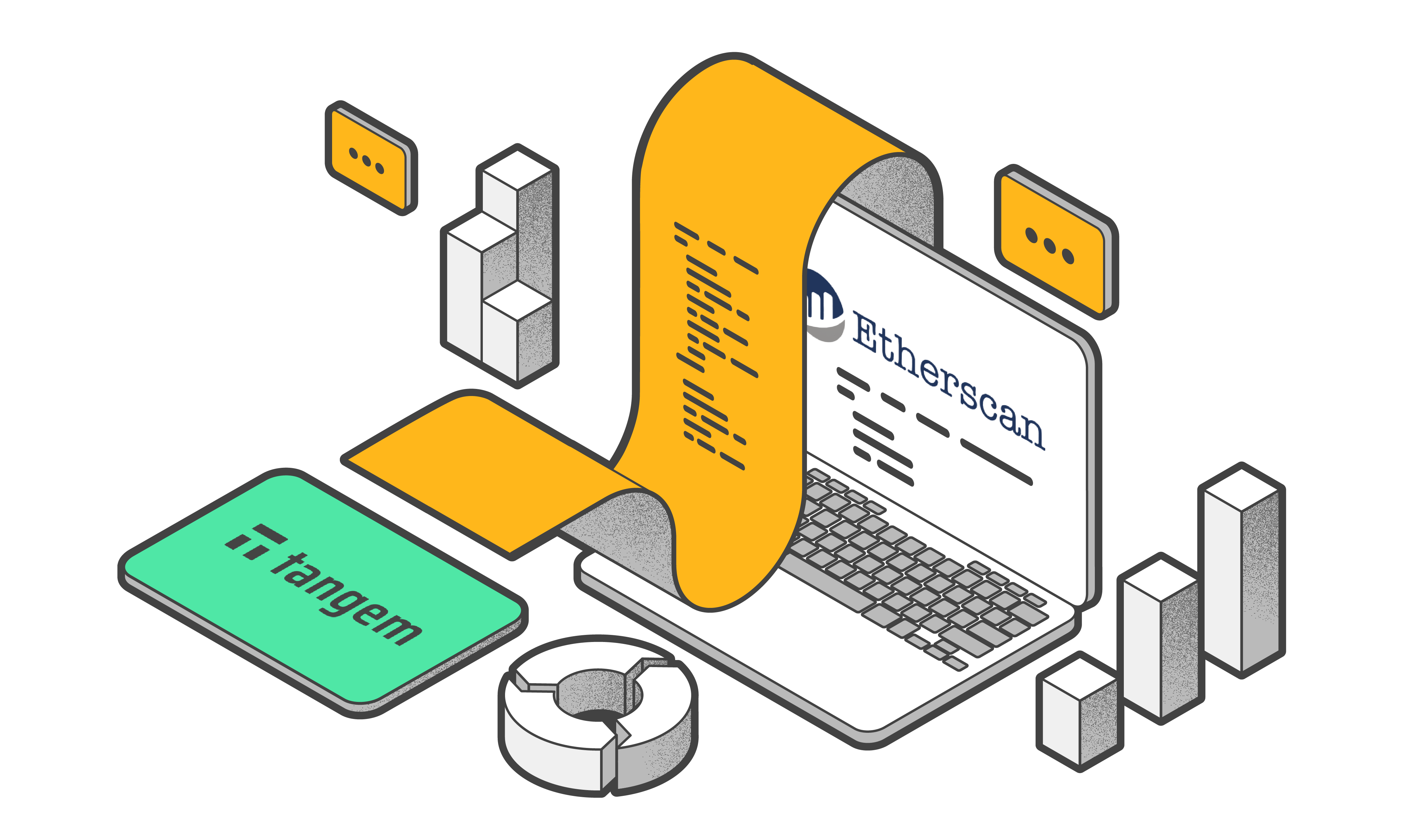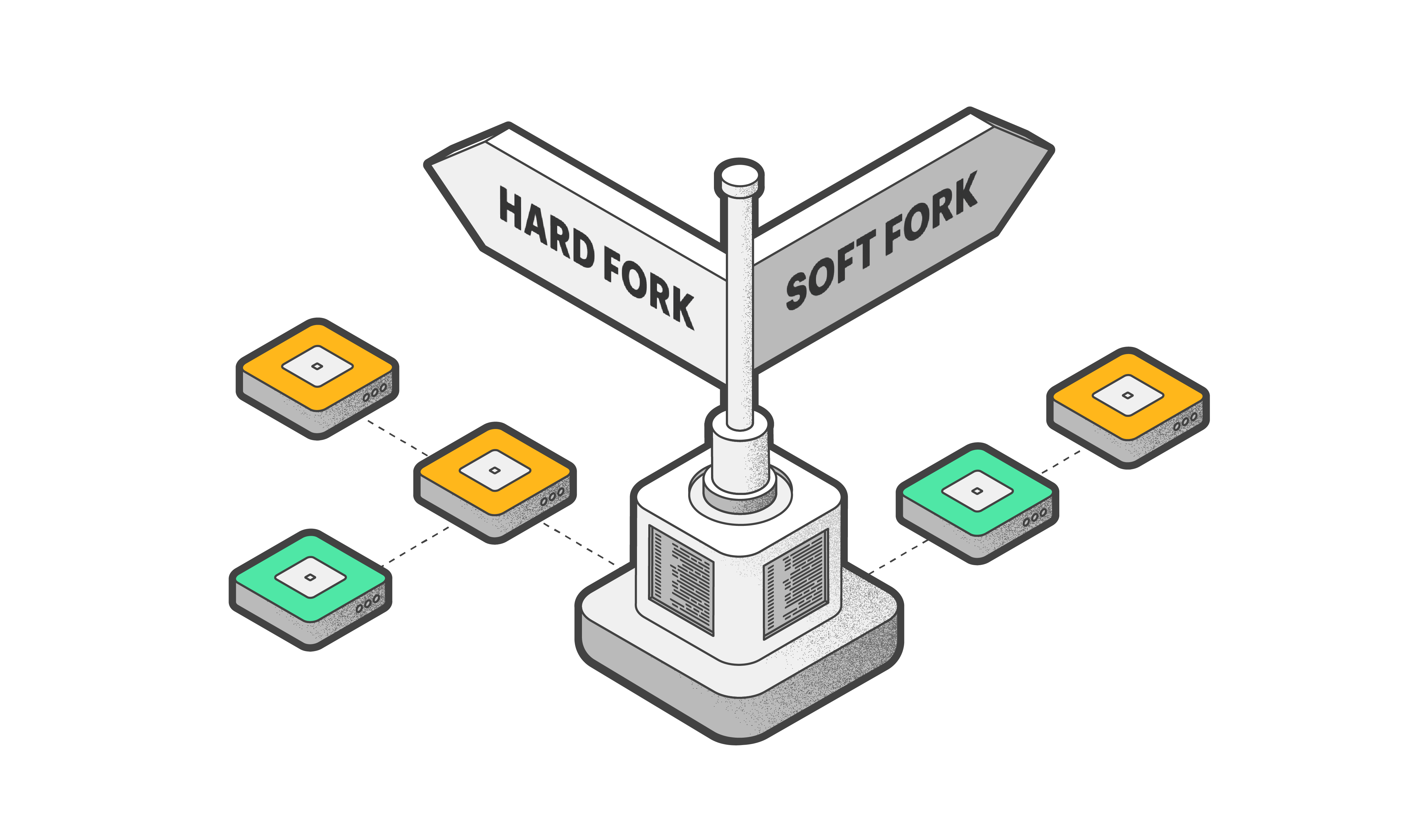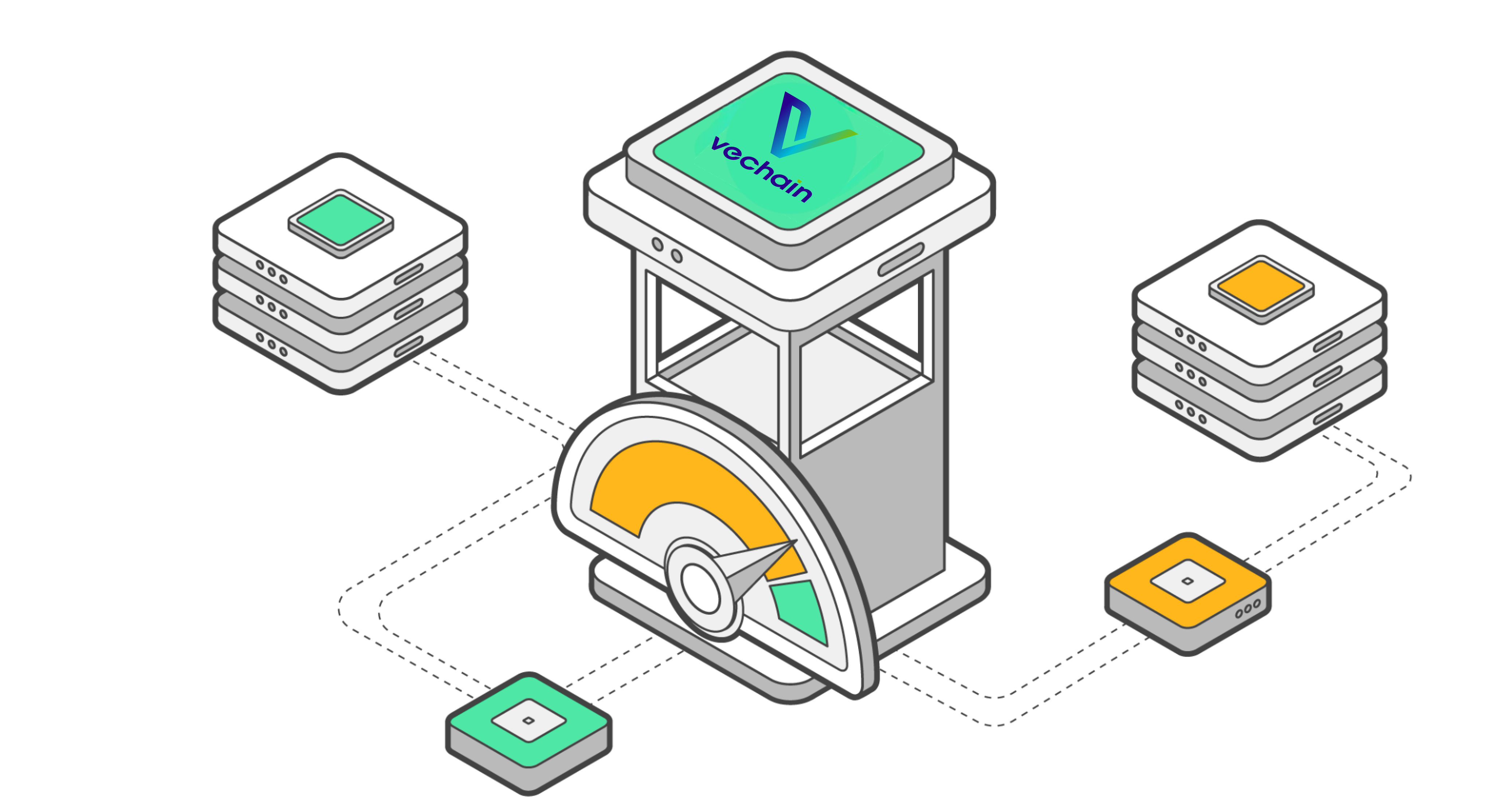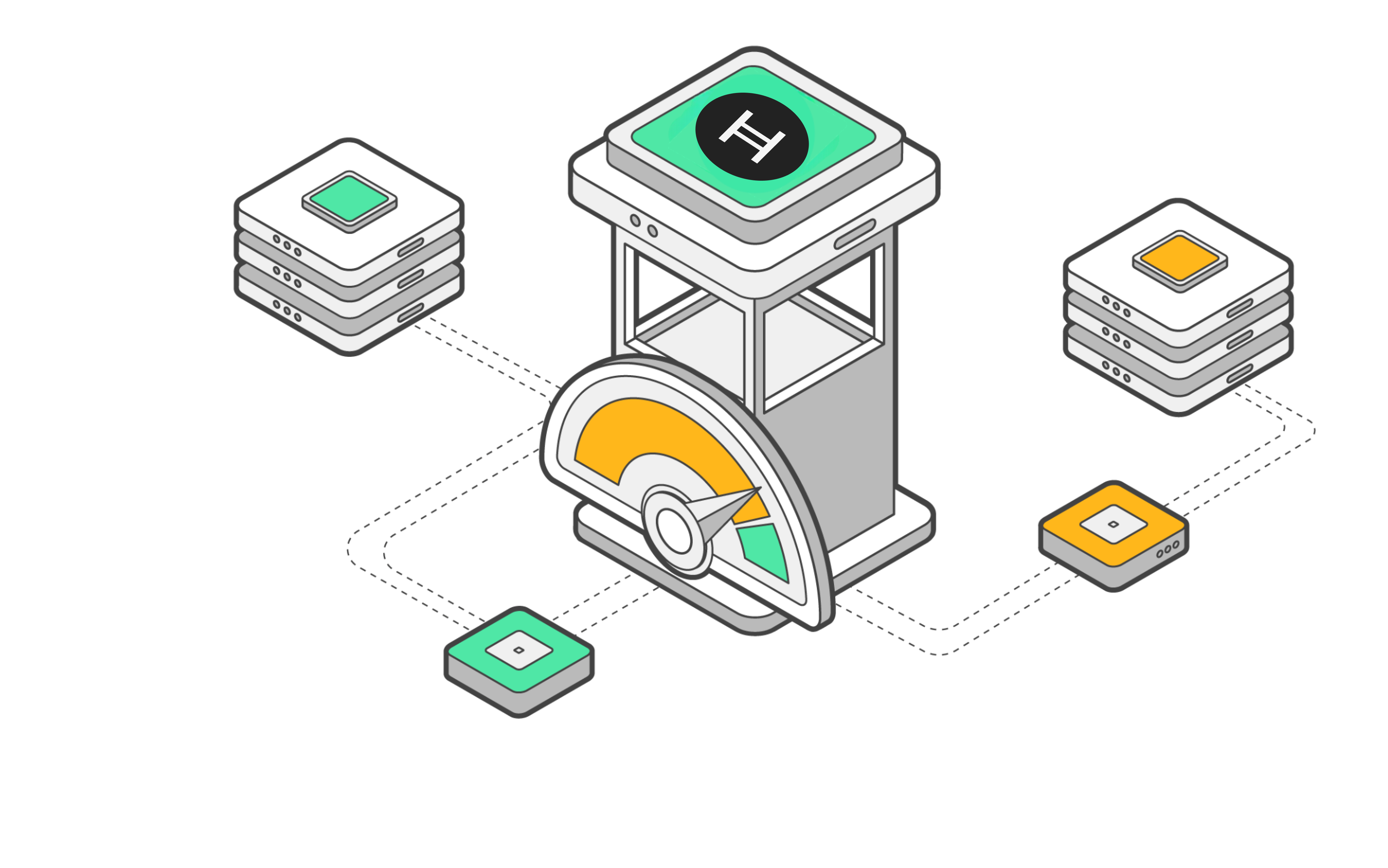
Is Tangem Linking User IPs to Wallet Addresses? (Explained)

- AI summary
- The Origin of the Claim
- Tangem’s Official Statement on Privacy
- What Data Does Tangem Actually Collect?
- Legal Questions – Subpoenas, Court Orders, and Swiss Law
- Tangem vs Other Wallets and Exchanges
- Privacy by Design – How Tangem Works Technically
- Why Do These Myths Spread?
- Tangem and Swiss Data Protection Standards
- Final Verdict: Can Tangem Link IP Addresses to Wallet Addresses?
- Conclusion
AI summary
The article addresses concerns about whether Tangem, a crypto hardware wallet provider, links user IP addresses to wallet addresses, potentially compromising privacy. After examining community rumors, Tangem’s official statements, technical architecture, and legal context, the article concludes that Tangem does not collect or associate IP addresses with wallet addresses, emphasizing its privacy-by-design approach and minimal metadata collection. As such, Tangem is presented as a strong option for users seeking a highly private, non-custodial cold wallet solution.
In the crypto world, privacy is everything—the idea that you alone control your keys, transactions, and identity is a core feature of self-custody. So when a question arises, such as “Is Tangem linking user IPs to wallet addresses?”, it’s worth examining seriously. If you’re using or considering a Tangem card or ring as your cold wallet, you deserve to know precisely how Tangem handles your data (or lack thereof). In this article, we’ll examine the claim, explore its roots, inspect Tangem’s stated policy and tech, compare other options, and get to the bottom line: Does the company link IP addresses to wallet addresses? Let’s get into the details.
The Origin of the Claim
Many users in crypto communities on Reddit, Telegram, and forums raise concerns about whether wallet providers or hardware makers can track or map IP addresses to wallet activity. In particular, some posts allege that Tangem collects IP addresses and links them to wallet addresses for user-profiling or future compliance/subpoena purposes.
For example, one version of the claim says: “Tangem logs IP addresses and can link them with your wallet addresses, meaning your anonymity is compromised.”
These are often speculative, sometimes spurred by AI-generated responses to crypto-privacy questions that fill in “what-if” scenarios. In short, these are rumors, not confirmed facts. The question is whether there’s any substance behind them.
Tangem’s Official Statement on Privacy
According to our Help Center entry under Privacy:
“Tangem does not track incoming or outgoing transactions. We do not collect wallet addresses, user personal information, or any other information that could identify users or their phones.”
“We do not conduct user registration or verification and do not know your geolocation, citizenship, etc. Therefore, we cannot single out a specific user to block their wallet.” Read more on our Help Center page.
In one of our articles, “Why Tangem is the Best Crypto Wallet,” we reinforced the stance that
“We don’t gather user data, such as IP addresses, balances, transactions, etc. What users do in the Tangem Wallet stays in the wallet. There are no KYC services.”
Our claim is: no registration, no wallet address logging, and no linking of IPs to wallets. That’s a strong baseline. It’s also worth noting that Tangem’s Privacy & Cookies Policy defines “Personal Data” to include IP addresses (among others) when referring to their website and app usage, but this pertains to their website visitors, not wallet activity.
What Data Does Tangem Actually Collect?
Let’s clarify “what Tangem collects” versus “what Tangem doesn’t”. Based on our documentation:
- For website, shop & app usage: Tangem may collect standard “device information” and “visitor analytics” (e.g., IP address of website visitor, browser info) as part of “Personal Data” under our own policy.
- For wallet usage: We explicitly state that we do not collect wallet addresses, transaction logs, personal information, geolocation data, or other similar data.
- Tangem does not require registration or KYC to set up and use the wallet service.
- Because the wallet is non-custodial and self-held, Tangem does not custody assets or transactions.
From a practical standpoint: if no wallet addresses or transaction data are collected, and no user registration ties a person to a wallet via Tangem’s servers, then by design, there is no “linking” of IP to wallet addresses happening on Tangem’s side.
Legal Questions – Subpoenas, Court Orders, and Swiss Law
Let’s engage with the “what if” scenario: Could Tangem be compelled, via subpoena or court order, to provide IP–wallet linkages?
- Jurisdiction — Tangem AG was incorporated in Switzerland (Zug). Our Privacy & Cookies Policy confirms this.
- Data Tangem does have: Tangem may have minimal website analytics, may know your email if you used our newsletter, etc., but we say we do not collect wallet addresses or link them with identifiers.
- Therefore, even if authorities request “IP address linked to wallet address,” According to Tangem’s official statements, the company will not produce anything. We don't have that data if you only use the device offline without registration.
- Swiss data protection — Switzerland’s Federal Act on Data Protection (FADP) plus the European GDPR (for users in the EU/EEA) require data minimization and strong safeguards. Tangem’s policy states compliance with GDPR.
So legally and technically, there is no “database” Tangem could hand over that maps your IP address to your wallet address — because we assert it was never collected.
Tangem vs Other Wallets and Exchanges
To put things into context, let’s compare this with other wallets/exchanges to see where metadata collection differs.
Exchanges
Exchanges (e.g., centralized exchanges) absolutely require KYC/AML. They hold user identity, wallet history, and transaction logs, and may also track IP addresses, so linking identity to wallet activity.
Traditional Hardware Wallets (e.g., Ledger)
Ledger (and similar manufacturers) often require a companion software, an email account for the app, firmware updates, cloud backup options, and an account login. That creates more metadata risks (though Ledger says they don’t track addresses either). For example, a connected device linked to an account could indirectly create “user metadata footprints.”
Tangem’s Approach
Tangem takes a radically minimal metadata approach:
- No user account required
- Keys generated on-device (card/ring) and never leave the device
- No registration means no email tied to the wallet in Tangem’s systems
- Operations are largely offline (signing stays with the card)
Because of this minimalistic interactive model, the “link” between a person and a wallet is far attenuated compared to many other products. In short, if you value privacy by design, Tangem’s architecture gives fewer levers for metadata collection or linking than typical exchange/wallet combos.
Privacy by Design – How Tangem Works Technically
Take a look under the hood and see how Tangem sets things up to protect your privacy.
- Keys generated on chip – When you activate the Tangem card/ring, a true-random number generator inside the secure element creates your private key. The keys never leave the secure chip.
- Non-extractable keys—The card embeds the private key directly, and Tangem’s servers or external systems never store a copy.
- No registration/account login – You don’t create a “Tangem user account” with an email/name tied to the wallet. That means fewer metadata points.
- Offline operations – Much of the usage (tapping a card on a phone via NFC) is device-to-device, with signing occurring locally. The wallet doesn’t rely on Tangem’s servers to manage your wallet activity. We designed the wallet to operate fully autonomously, without any involvement from Tangem servers in your activities. It’s just your card/ring, smartphone, and the blockchain.
- Reset feature: You can reset the card (or discard it) and start with a fresh wallet. The supplier does not retain an “account history” linking old and new usage.
This architecture means that even if someone wanted to map “IP address of user → wallet address”, there’s no internal mapping for Tangem to provide.
Why Do These Myths Spread?
Given the above, where do rumors like “Tangem logs IPs and wallet addresses” come from? A few likely causes:
- General distrust of crypto firms: Because so many platforms have collected more data than users realized, crypto users are highly vigilant. Some assume “every company is collecting everything.”
- AI-generated answers/filler content: Some AI chatbots or auto-generated blog posts may assert “hardware wallets may log user IPs” as a possibility. These can gain traction in forums.
- Misinterpretation of analytics data: Tangem may collect website/visitor IPs (as most websites do), and users might conflate this with wallet-IP linking. The policy says IP is part of “Personal Data” for website visitors.
- Confusing wallet manufacturers with exchange models: Users accustomed to exchanges often assume wallets behave similarly. But non-custodial, no-account hardware wallets operate differently.
- Past incidents: In January 2025, Tangem resolved a security flaw that had inadvertently logged some private keys during support interactions. This kind of event shakes user trust.
The myth is understandable—but the evidence does not support it in this instance.
Tangem and Swiss Data Protection Standards
Operating from Switzerland gives Tangem additional legal/privacy context:
- Switzerland’s Federal Act on Data Protection (FADP) sets stringent rules for companies' processing of personal data, emphasizing minimal collection and purpose limitation.
- The Privacy & Cookies Policy of Tangem states compliance with GDPR for European users.
- Our policy defines “Personal Data” to include IP addresses when referring to website/app usage, but this is about analytics—not mapping to wallet usage.
- Because Tangem claims not to collect wallet addresses or tie them to users, even if a Swiss court requested data, there’d be minimal or no relevant linkage data.
From a privacy-first standpoint, Tangem aligns with modern data protection best practices.
Final Verdict: Can Tangem Link IP Addresses to Wallet Addresses?
Putting it all together:
- Tangem publicly states that wallet addresses, transactional data, and wallet usage are not collected or tied to identities.
- Tangem’s architecture prevents the creation of metadata linking you, your IP address, and your wallet address.
- Although we may collect website visitor IPs (as most sites do), we never associate that data with wallet address activity or store it in any user-to-wallet mapping.
- Therefore, from a technical and organizational perspective, it’s extremely unlikely (i.e., virtually impossible under their design) that Tangem can link user IP addresses with wallet addresses in any meaningful way.
- The claim that "Tangem logs user IPs and links them to wallet addresses" appears unfounded.
In short, if you’re using Tangem as described (card/ring, no registration, no account login), then yes, you are using one of the best cold wallets for minimizing metadata and ensuring privacy.
Conclusion
We began with a simple yet essential question: Is Tangem linking user IP addresses to wallet addresses? Examining claims, verifying Tangem’s statements, understanding the technical architecture, and considering the legal/privacy context make the answer clear: no.
Tangem’s approach is deeply rooted in the concept of privacy-by-design. We emphasize non-custodial, no-accounts, minimal metadata, and Swiss jurisdiction. If privacy is a significant concern for you — if you want a cold wallet that doesn’t serve as a telemetry point or metadata aggregator — then Tangem Wallet is a strong candidate as one of the best cold wallets for those concerned about anonymity and data minimization.

